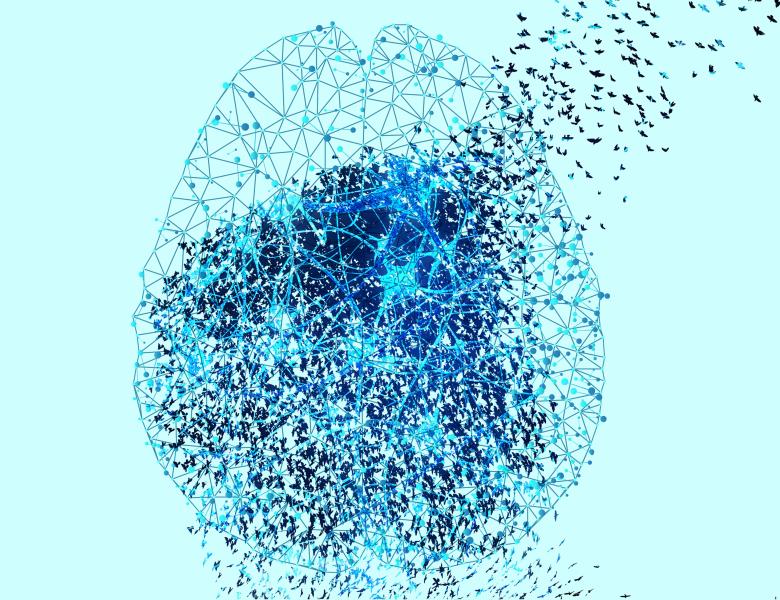
Abstract
We seek to define the capability that has enabled humans to develop the civilization we have, and that distinguishes us from other species. For this it is not enough to identify a distinguishing characteristic - we want a capability that is explanatory of humanity's achievements. "Intelligence" does not work here because we have no agreed definition of what intelligence is or how an intelligent entity behaves. We need a concept that is behaviorally better defined. The definition will need to be computational in the sense that the expected outcomes of exercising the capability need to be both specifiable and computationally feasible. This formulation is related to the goals of artificial intelligence research but is not synonymous with it, leaving out, for example, the many capabilities we share with other species. We make a proposal for this essential human capability, which we call "educability." It synthesizes abilities to learn from experience, to learn from others, and to chain together what we have learned at different times. It starts with the now standard notion of learning from examples in machine learning. The recent demonstrations of Large Language Models learning to generate smoothly flowing prose is a clue that pursuing computationally well-defined tasks constitutes a promising approach toward capturing human capabilities. The basic question then is how to extend the approach to encompass broader human capabilities beyond learning from examples. This is what the educability notion attempts to answer. What we ask computers to do, in the main, reflects human capabilities. Hence a better understanding of human capabilities can be expected to provide goals for our future technology.


